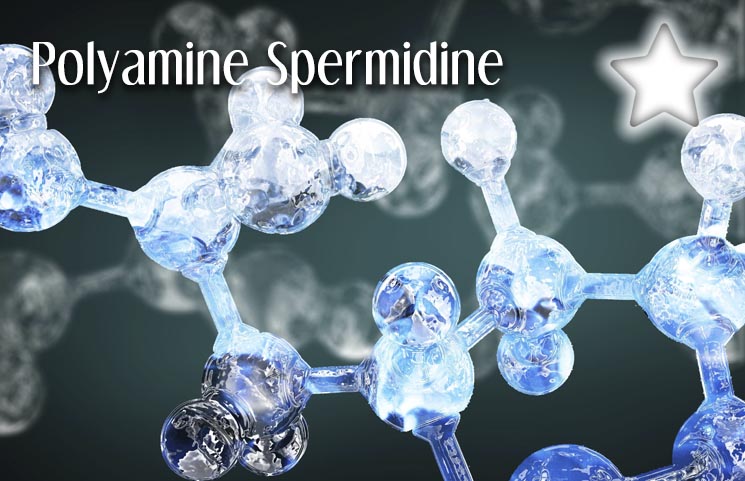Want to live longer? A new chemical called spermidine might be able to help.
A recent study led by a large team of researchers around the world (including the US and several European countries) found that mice fed a compound called spermidine lived several years longer than ordinary mice – and they had better cardiovascular health.
The research was published in the latest issue of the journal Nature Medicine. The journal article describes the experiments researchers carried out. They also explained why their results could also lead to longer lifespans in humans.
As you may have guessed from the name, spermidine comes from semen samples. Previous research on spermidine has indicated it can increase the lifespan of fruit flies, yeast, and roundworms. Now, researchers are finding that spermidine also increases the life of more complex creatures – like mice.
Spermidine can also be found in certain foods like mushrooms, whole grains, and aged cheeses.
How the Study Worked
Researchers picked mice as their target for spermidine research. In that study, they fed some mice water with spermidine mixed in, while other mice received plain water.
Mice were observed over the course of their natural lifespans. The mice that had received spermidine consistently lived longer than those that did not – even if the mice didn’t start taking the spermidine until middle age.
When researchers took a close look at the rodents, they found another surprising benefit: mice in the spermidine group had better cardiovascular health indicators, including better heart function and lower blood pressure.
In a separate test, rats were fed a high salt-diet to induce high blood pressure. Then, some of these rats were given spermidine. The spermidine group had lower blood pressure than the non-spermidine group.
How Does Polyamine Spermidine Work?
Spermidine is thought to extend lifespans and improve cardiovascular health by inducing autophagy in heart cells.
Autophagy is the process by which cells naturally disable parts of themselves that are dysfunctional or no longer necessary.
To determine whether or not autophagy was the cause of the extended lifespans in mice, researchers took mice with a genetic defect that prevented autophagy from taking place. When spermidine was given to these mice, it did not cause them to live longer or have improved cardiovascular health.
In other words, by process of elimination, researchers discovered that autophagy likely plays a crucial role in spermidine’s process.
Will Humans Enjoy the Same Benefits?
Should you start taking polyamine spermidine as a health supplement? Probably not – at least not yet.
Researchers in this study acknowledged that there was “little evidence” thus far to suggest humans receive the same health benefits.
However, there is some evidence. Researchers performed a study of approximately 800 people about their diets. Respondents who ate foods containing spermicide (mushrooms, whole grains, aged cheese, etc.) had fewer symptoms of cardiovascular disease. They tended to have lower blood pressure than peers who did not consume spermicide-containing foods.
Nevertheless, this study only contained 800 people, and a larger study needs to be undertaken before any reasonable conclusions can be made.
Stay tuned for more information about Polyamine Spermidine and its exciting health benefits as we move forward. Meanwhile, you can read the full study here.









